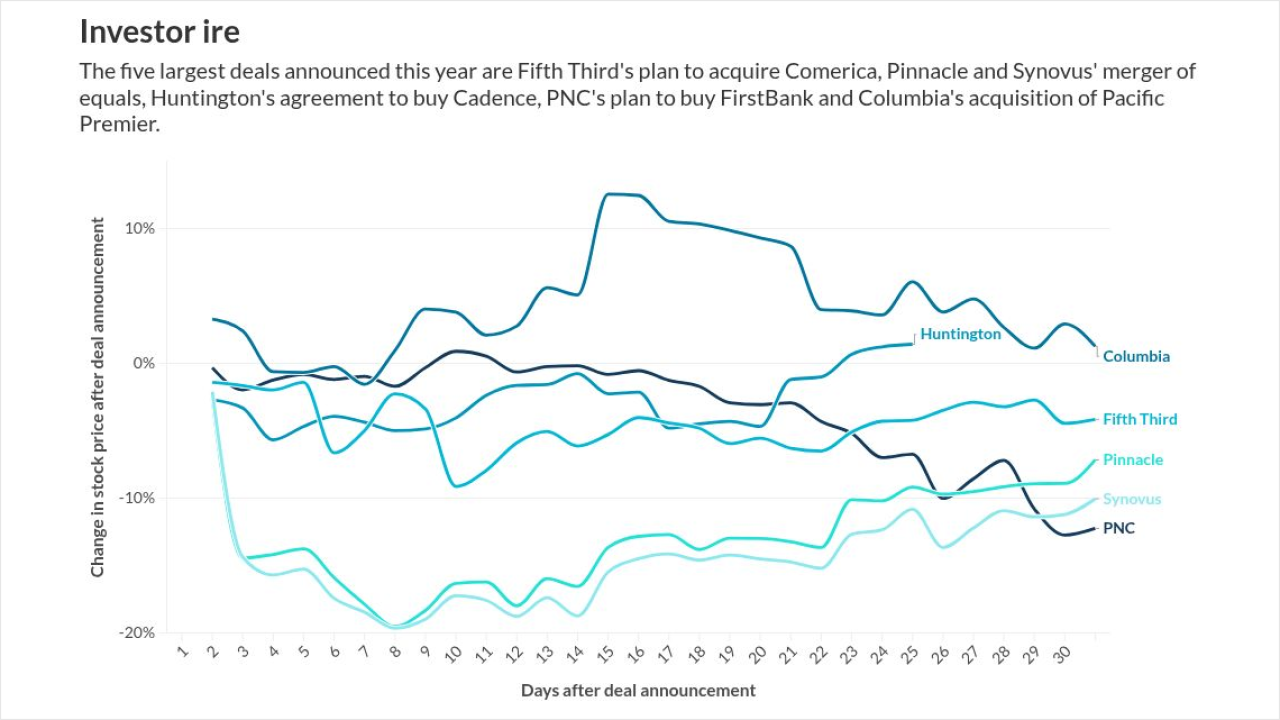[IMGCAP(1)]
A Denver-based vendor is offering a prepaid product designed to encourage consumer participation in surveys or promotions.
Corporations can use Springbok Services Inc.'s EZSpend "virtual" prepaid card to reward consumers who complete online marketing surveys or as an incentive to encourage participation in Internet-based promotions or product trials. Companies also can use the product, which does not include an actual piece of plastic, to reward employees who complete surveys for purposes such as gauging health-and-wellness programs.
In most cases, a survey participant receives an e-mail message that includes a link to the card information after completing a survey, says Mike Ross, Springbok senior vice president of product development. The link takes the participant to a Web page that displays the front and back of the card. Though there is no actual plastic card, EZSpend works like a regular prepaid card except it can be used only for purchases on the Internet or telephone.
Though some observers believe the use of virtual cards may not provide useful results, Springbok contends their main benefit is they provide immediate rewards. "That's a ery important distinction when you talk about the virtual card," Ross says.
Companies can customize the card appearance and can include the recipient's full name, corporate logos and "whatever message the company is trying to get across," Ross says.
The front of the card also features the network brand (Visa or MasterCard), while the back of the card includes the Card Verification Value or Card Validation Code control number. "The card is presented to you on screen just like a regular prepaid debit card," Ross says.
Companies can determine whether the card has a fixed value or is reloadable. "The company can say, 'this is your first load, and if you do this next thing, we can load another $20 onto the card,'" Ross says.
Card expiration dates depend on the company, Springbok says. They can range for six months to three years.
Storm Lake, Iowa-based MetaBank sponsors the card account, and Springbok says it processes the card transactions.
Springbok does not charge cardholders fees, Ross says. "We do not want to charge consumers a fee because it's a reward or incentive," he adds.
All fees to cover the cost of the program "are charged to the Springbok corporate client that is using this tool as an incentive or promotion," Ross says.
The Target Group, a Buford, Ga.-based provider of customized incentive programs and promotions to companies, plans to offer the virtual card in the next three months, according to a company statement.
Amy Millard, vice president of marketing for panels and communities at MarketTools Inc., a San Francisco-based online market-research company, believes virtual cards may work well for businesses working with their own customers. For example, companies could use them to encourage small groups of customers to participate in customer-satisfaction surveys.
"Our research shows [a monetary incentive] is acceptable in that circumstance," she says. "The incentive most people prefer is to hear back what [the company] does with the results."
Springbok has no plans to extend EZSpend beyond an incentive environment, Ross says. But the company does "have the capabilities to change our business model a little bit in the consumer environment," he adds.
If that does happen, EZSpend may be a step in the right direction to help prepaid card issuers and merchants issue instant rewards to consumers, says William H. McCracken, CEO of Atlanta-based Synergistics Research.
During a panel discussion earlier this year at the Prepaid Card Expo in Orlando, Fla., Springbok executives said outdated technology used to capture Stock Keeping Unit-Level data is preventing consumers from instantly redeeming points and discounts associated with loyalty and reward programs at the point of sale.
Merchants benefit by tracking SKU-level data because it helps determine customer behavior, which also can be used to distribute instant rewards, Phil Kumnick, senior vice president of product and payment strategy at TSYS Acquiring Solutions, told attendees.
More-advanced systems that track customer behavior could help retailers better track customer behavior at the point of sale and issue instant rewards based on certain purchases, Stuart Kiefer, vice president of loyalty marketing solutions at First Data Corp., said during the panel discussion.
An e-mail message to a mobile phone could be a way to accomplish this, he added.
Because consumers can access EZSpend virtual prepaid card is accessed via a link included in an e-mail message, which could be accessed from a mobile phone, the product "is probably in the same genre of innovation of how to give a consumer an instant rebate or an instant coupon," McCracken says.
"But it still can't be used at the POS terminal," he adds.
Indeed, there are downsides to such a product, observers say.
The virtual card "serves a narrow niche, and survey participants come to mind very quickly," says McCracken, who does not believe the product will provide an effective workplace incentive because "the HR department usually has a supply of plastic cards."
And MarketTools advises companies against using monetary incentives for consumer research because "money skews the conversation," according to Millard.
"Instead of finding a consumer who is interested in the category [a company is surveying], you find those who are interested only in the [monetary incentive]," she says. ATM





